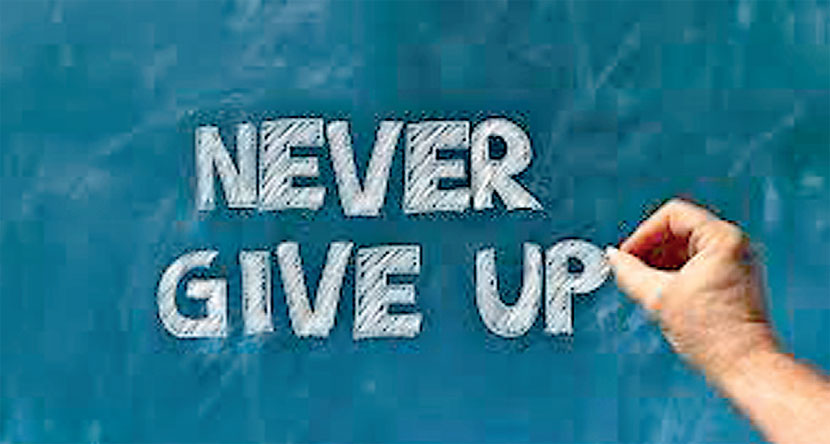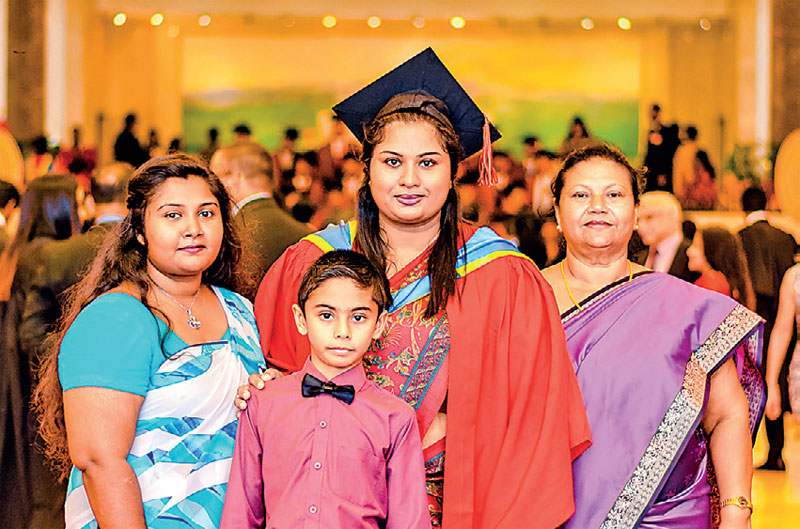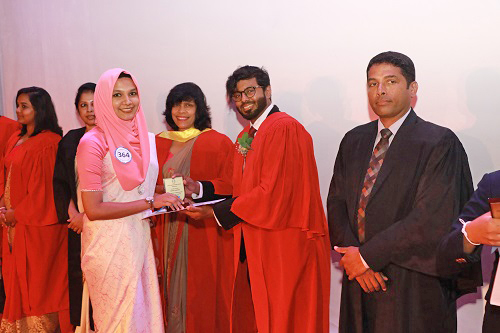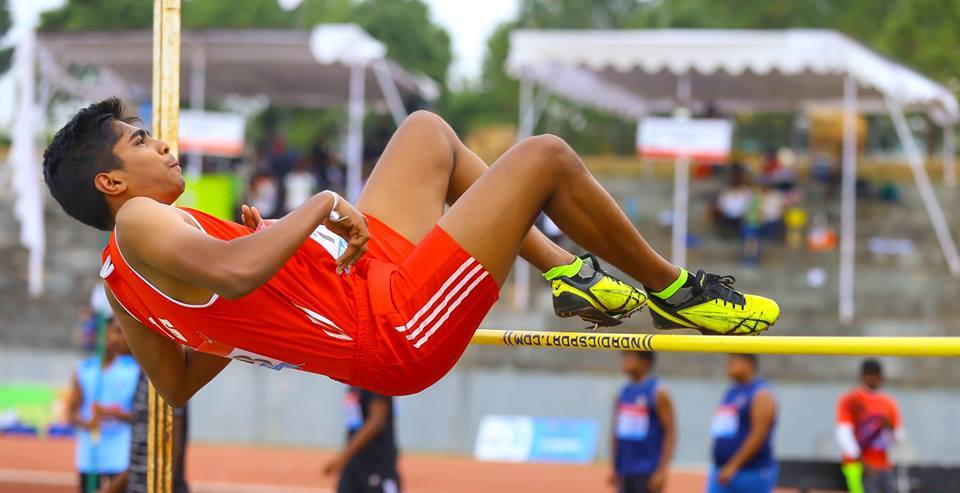Transition From Advanced Levels To Undergraduate Status

The grand finale of years of school education is at hand, after the conclusion of the final Advanced Level examination. This marks an end of a phase, and the start of an entirely different one. The common misconception is that this is merely an upgrade on the already existing education system, where the curriculum followed is an advanced version of what was learned at school. This is true, to an extent, but the process extends further than the usual academia. While the studies become more advanced, the entire system is drastically contradictory for the procedure an advanced level student is usually adapted to. It has to be noted that a change in mentality, lifestyle and the way a student perceives things comes along with the transition. These changes depend on each individual, and cannot be generalized. However, it is evident that you might feel that these conditions will seem relatable as you gradually go through each levels.
It is no longer the ‘parrot’ study system
13 years of education followed the same monotonous approach, with a few exceptions made in the AL stage; and that is the ‘parrot’ system. A parrot mimics what it sees, and the onlookers acts as if its a miracle. Likewise, students are expected to remember what they read, and dump the accumulated information on a piece of paper which is used to evaluate ‘progress’. That strategy is ideal to test a students memory; whether if it is effective to determine intelligence is yet controversial. Advanced Levels gives students a brief exposure to a different approach through practicals and questions which require practical knowledge combined with academics, but ultimately it all depends on the memory capacity.
As an undergraduate, a parrot might find it difficult to survive. Granted the student would be seen as a fairly intellectual presence. However, that is only a quarter of what is actually expected. The undergraduate phase is where a student gets a taste of the harsh reality. Academics and soft skills go hand in hand. There are the parrots, and then there are the dolphins. The parrots are fixated on studies, while dolphins are more concerned about socializing. Dolphins are highly social and friendly animals, and it is proven that they have significantly admirable IQ levels; thus achieving the perfect balance. As an undergraduate you are prepped for employment upon graduation. Employers nowadays prefer to hire a person who is social and outgoing rather than a person who is an introvert.
That is not to demotivate your intelligence. On the contrary, it is advised to keep up the momentum that was achieved during the AL examination phase. The ideal solution is to compromise where necessary. Do not solely focus on words. Soft skills arent something that usually can be taught. Higher education institutions create platforms to cultivate these skills, but improvement is upto each individual commitment. Even the examinations cannot be passed through a parrot approach. Each semester includes various assignments and group projects. To complete these projects a student has to research information through reliable sources.
That usually entails interactions with designated individuals and co-existing with team members. Co-existing with a team in the undergraduate level is a challenge itself, since you are introduce to diverse characters. The attitude required to manage each personality has to be customized, otherwise it is difficult to get the job done. To cap it off, the year end examinations have questions regarding the theory that was studied. That requires elements of the traditional parrot approach. Unlike the parrot approach, you arent able to mimic what is studied word to word. The questions are structured in a way to incorporate practical situations to structure the answer. It is best if you kept your options open.
Elimination of the ranking system
The majority of school education revolved around the ranking system, where a number is given based on the intelligence levels (which was determined by the memory capacity). A severe competition among students/ classmates ensued consequentially. Each student desired to be on the top, and parents encouraged their children to exert excess effort to do so. This in undesirable for more than one reason. The stress is the primary hazard. As a student, a major nagging concern was the parents reaction. It was like being a domesticated puppy; a treat was given for good behaviour and a scolding was entitled for the opposite.
Likewise, when the rank is preferable, you are entitled for a reward, but once the rank goes down in the following term (and it is highly likely that it would) you are in for a huge surprise. In this scenario, a student might even find it difficult to build up the courage to face their own parents because it was seen as a shame to ‘not’ have a better rank. The fact that parents are more than happy to compare their child to the ‘perfectly admirable’ child of their friends, relatives or neighbors doesnt make life any easier for a child. Certain schools facilitate a system where students are put into different classes based on the rank that was received in the final term.
This creates a status based discrimination among classmates where certain classes might be labeled as ‘the top class’. Given the circumstances, the stress levels of a student due to this system is substantial. The stories of students who take their own lives after receiving undesired examination results are told and retold occasionally. It is harsh to claim that this is the reason for such, but it surely has to have played a certain role in the ultimate result. Then theres the Darwin theory; the survival of the fittest. Everyone wants to be the class first.
Each student wishes to atleast remain on the top 5, so they can go up to the stage and collect their report card in-front of the attending parents. The manner in which one comes to this place is questionable. Due credit is given, since it as a result of the effort exerted. The down side is that with each victor there is always a loser on the other end. To achieve this status, every tactic is taken. Friends usually ask their neighbor for answers during examinations; that is a usual tradition. The instances where the neighbor gives misleading answers to ensure that the ‘friend’ doesnt get more marks is staggering.
Due to the competition, friends are put against each other, and not everyone is fortunate enough to stand on that prestiged stage. Fast forward to the life of an undergraduate. Here you will find that you cannot survive alone. The atmosphere is such that it doesnt really matter what the rank is. What actually matters is the distinction. Each assignment comes with different tasks, and each task requires a different approach. During group assignments, it might seem as if its difficult to cope with certain members. The final marks depend on the product which is submitted for evaluation, therefore it doesnt matter who did the best work, as long as everyone does their own part. For the sake of the team, each member should attempt to boost the other, because ultimately, the reward is shared by the entirety.
When examinations creep up, students get together to do what one might call a ‘kuppi’ session. Back in the old days, students are used to self studies. Here, each student wishes to share knowledge amongst each other. Remind the other what you know, and refresh on what you might have forgotten. In the end, when results are released, students find a sense of clarity once they realize that their peer has passed due to the effort you have put to get them through. This is a phase where students arent discriminated based on a rank. Granted, each course programme selects a batch topper but that doesnt really matter, since every individual is glad to graduate with the ideal class. In the end, a student learns the value of ‘thaniwa budhu weema nowa-sawoma goda yaama’ once they transitions to the stage of an undergraduate.
Randheer Mallawaarachchi









































.jpg)
.jpg)
.jpg)
.jpg)
.jpg)
.jpg)
